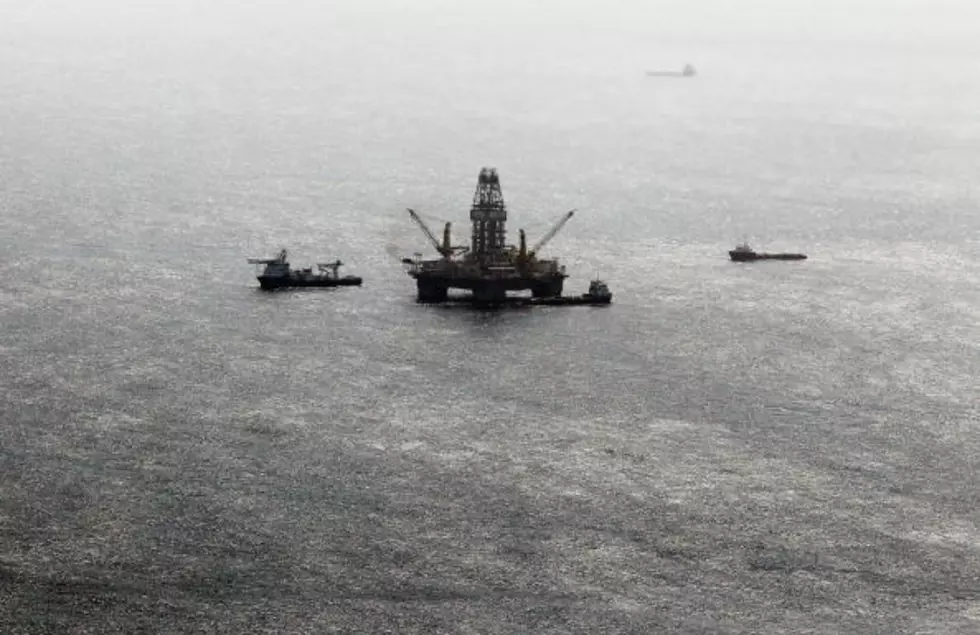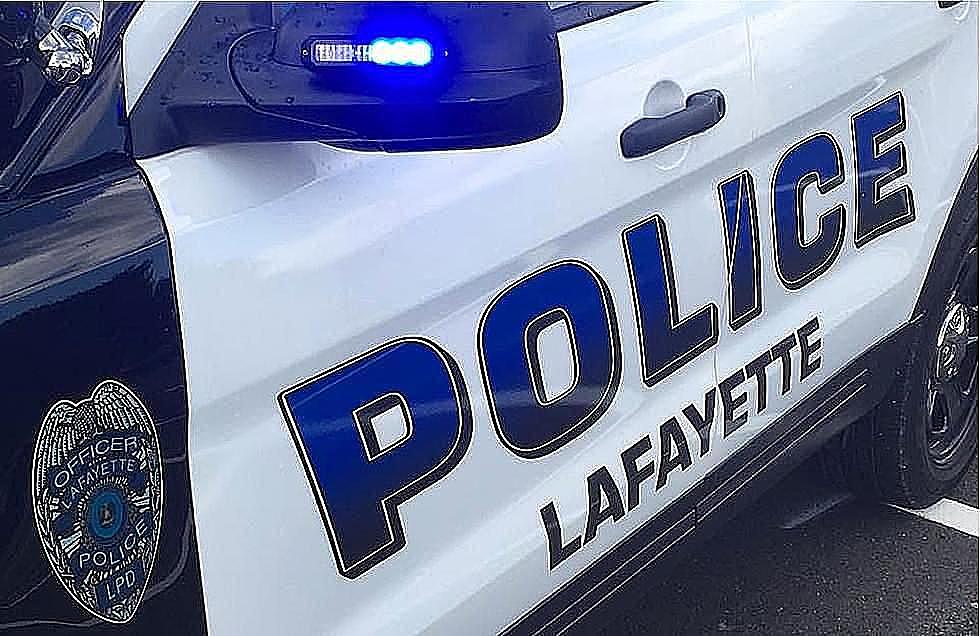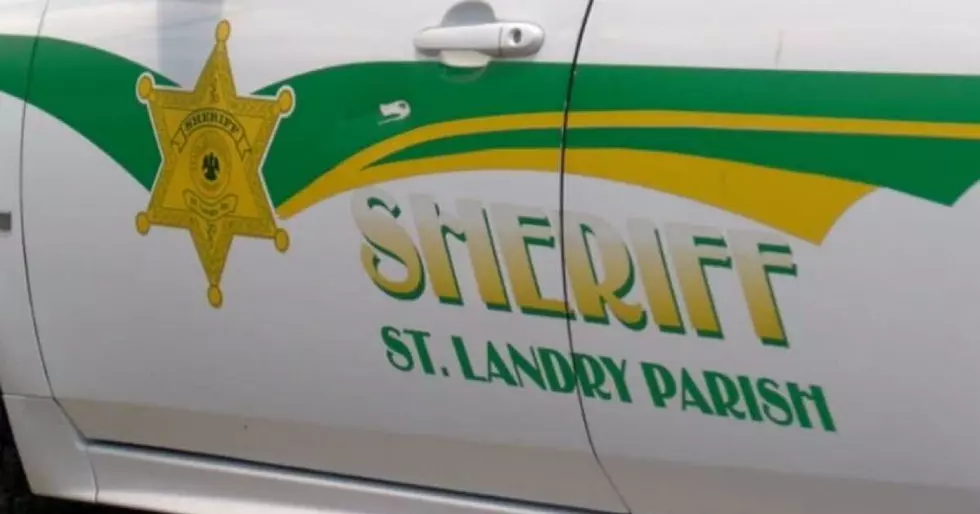
Trump easing offshore drilling safety rules from Deepwater
Officials announced the final revisions at Louisiana's Port Fourchon, a hub of offshore drilling on the Gulf of Mexico. The audience included oil port workers in hard hats and reflective safety vests.
Eleven people died in April 2010 when the Deepwater Horizon exploded, ultimately releasing more than 3 million barrels of crude.
A bipartisan investigatory commission appointed by the Obama administration pointed to crew and technical failures in the explosion, but cited overall safety shortcomings by regulators and the oil industry. "The most significant failure ... and the clear root cause of the blowout — was a failure of industry management," the investigation panel concluded.
Rules adopted after the disaster included more precise operating requirements for offshore crews in tracking pressure in underwater wells, more real-time monitoring by oil companies, and more rigorous inspections of blowout preventers on the offshore facilities.
The Trump administration and oil industry say the revised rule amounts to small changes, preserving 80 percent of the post-disaster rule changes.
Erik Milito, a vice president of the American Petroleum Institute, which pushed for the Trump administration revisions, said the slate of safety changes adopted under the Obama administration was "simply too prescriptive, curtails innovation and can make it hard for the company to move forward."
"We haven't identified anything in the rule that's taking a step backward on safety," Milito said, referring to the Trump administration revisions.
The easing of some of the Obama-era safety measures come as the Trump administration pushes to greatly expand drilling off the country's coasts, although court challenges and opposition from many coastal states has slowed the effort.
Environmental groups fiercely oppose the rule changes, which become effective 60 days after publication in the Federal Register.
Don Boesch, a marine scientist on the presidential commission into the disaster, said even with the new changes, "we're still better off probably than we were before the blowout" in terms of offshore drilling safety.
"But I'm not convinced we're safer than we were two years ago," Boesch said.
___
Knickmeyer reported from Washington.
More From News Talk 96.5 KPEL









